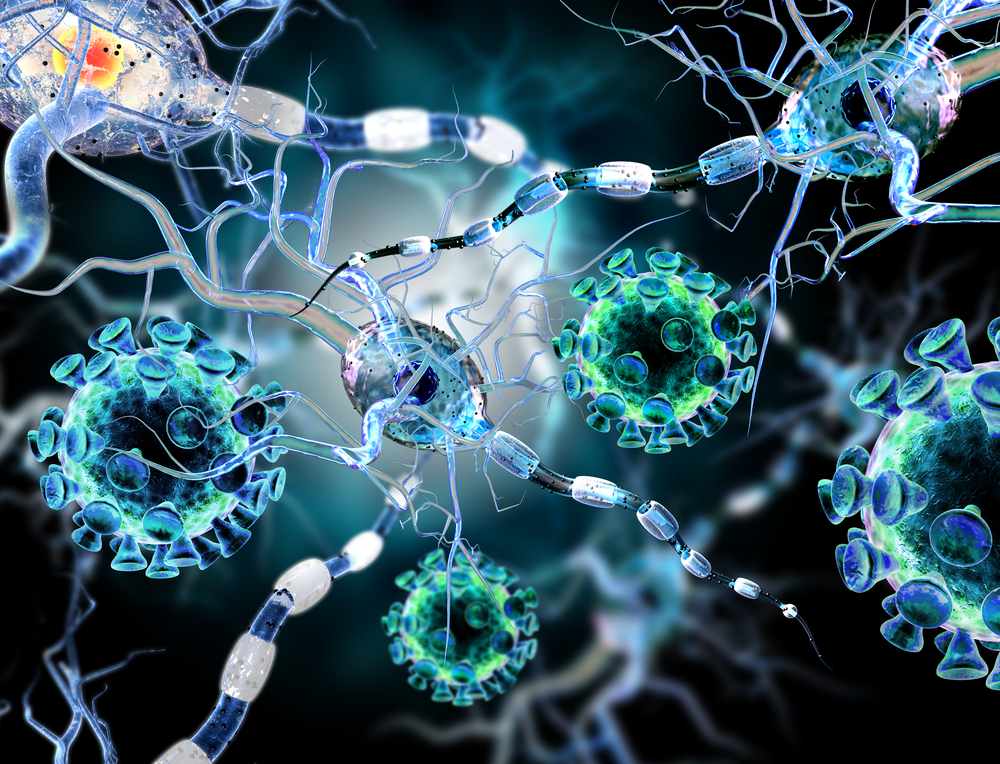Teva Presents Data on SD-809 For the Treatment of Chorea in Huntington Disease
Written by |

During the 68th American Academy of Neurology (AAN) meeting in Vancouver, Teva Pharmaceutical Industries Ltd. presented new results from its Phase III First-HD clinical trial evaluating the efficacy, safety and tolerability of SD-809 (deutetrabenazine) for the treatment of chorea associated with Huntington’s disease (HD), a rare and fatal neurodegenerative disorder caused by the progressive breakdown of nerve cells in the brain that affects about five to seven people per 100,000 in western countries, according to the World Health Organization.
“With limited options for patients living with Huntington disease, there is a great need for therapies,” Michael Hayden, MD, PhD, President of Global R&D and Chief Scientific Officer at Teva, said in a press release. “We are proud to present this data as part of Teva’s commitment to research in HD.”
First-HD was a randomized double-blind, placebo controlled study of SD-809 extended release in which 90 patients with chorea associated with HD were evaluated for a period of 13 weeks. Over the initial 8 weeks, all patients underwent dose titration and then were on maintenance therapy for 4 weeks . The overall treatment period was 12 weeks, followed by a washout period of 1week. Results from the trial showed that SD-089 significantly improved chorea. The most common adverse events observed in the trial were: dry mouth, insomnia, somnolence, diarrhea, and fatigue.
The first presentation “Rating Swallowing Function in Patients with Huntington Disease Enrolled in the First-HD Study” demonstrated that treatment with SD-809 significantly improved swallowing as assessed with the Swallowing Disturbance Questionnaire (SDQ).
The second presentation “Deutetrabenazine Effect on Total Motor Score in Patients with Huntington Disease (First-HD)” provided additional results in which treatment with SD-809 revealed significant improvements in total motor score (TMS) with contributions from improved dystonia.
SD-809 (deutetrabenazine) is an oral, small molecule inhibitor of vesicular monoamine 2 transporter, or VMAT2, that is designed to regulate the levels of a specific neurotransmitter, dopamine, in the brain.
Chorea is the most visible feature of Huntington’s disease (HD), a genetic disorder affecting the brain. Nine out of ten people with HD will develop chorea at some point as their illness progresses. Chorea associated with HD causes involuntary movements, or movements that are not made on purpose. People with HD chorea may not be aware of their uncontrolled movements and in some people, chorea may begin before they know they have HD. If their chorea is mild, they may be able to hide their involuntary movements, however, when they are distracted, stressed, or anxious, chorea tends to get worse and more noticeable.





